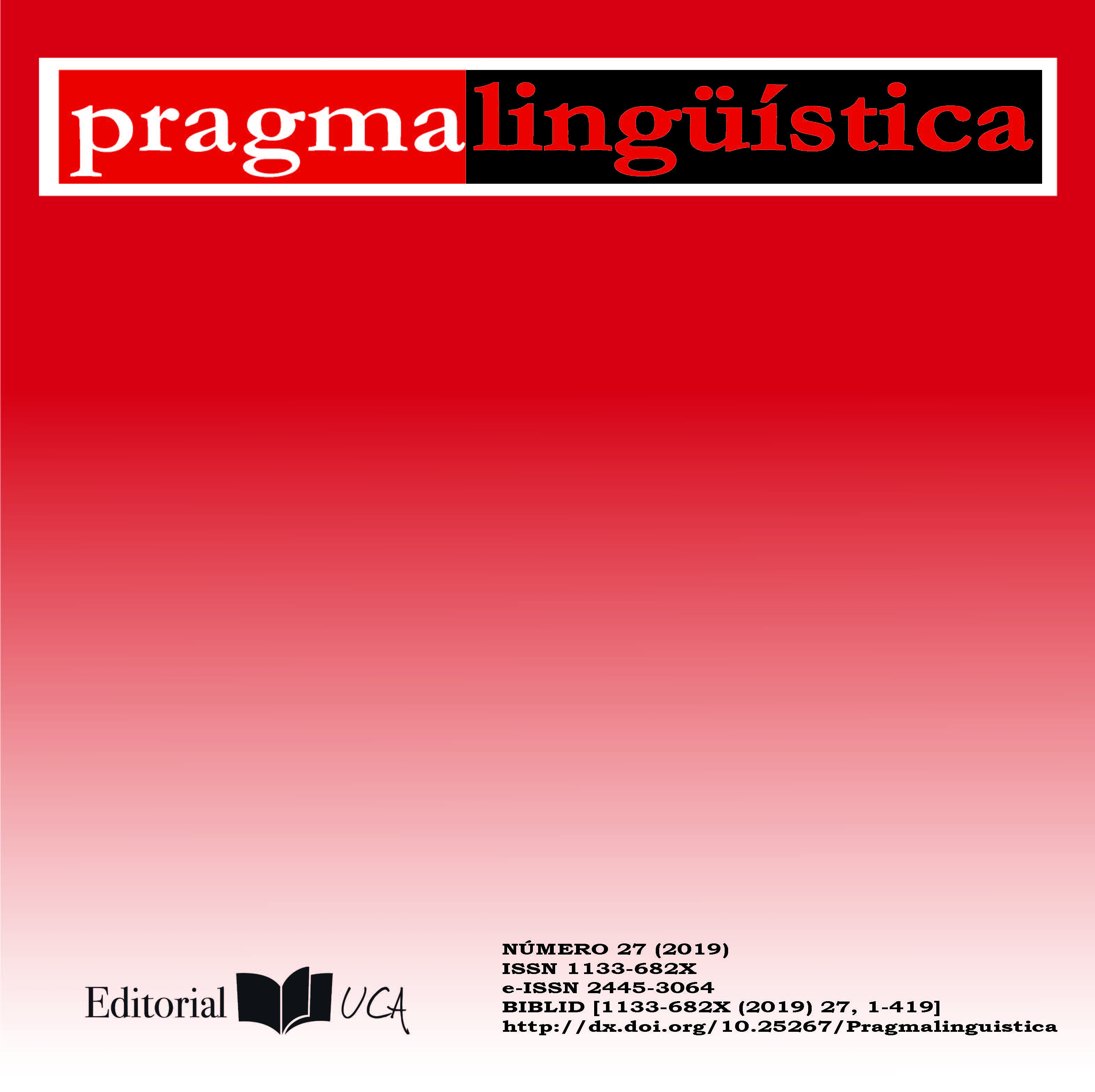The role of humor discourse in the construction of gender identity
Resumen
This research examines the way in which gender identity is revealed in language practice and explores its theoretical and practical implications. More precisely, this article aims to explore some of the interesting ways in which female standup comedians use different speech styles marked by gender to deconstruct their imposed gender roles and, hence, reconstruct their identity as a sort of resilient process. We argue that the gendered speech styles in humorous discourse may be used regardless of the speaker’s sex to reassert one’s identity and break with the boundaries and constraints inflicted by society. In this sense, our purpose is to verify the hypothesis that planned humor discourse is the means comediennes use to perform unconventional gender identities and subvert the normative standards. For this aim, our study collects a corpus that comprised 15 monologues by seven famous northAmerican and British standups such as Tina Fey, Amy Schumer, Sarah Silverman, Kristen Shaal, Ellen DeGeneres or Bridget Christie. These monologues were transcribed and divided into humorous sequences, in order to examine the function of the different speech styles when using roleplay and its relation with the humor styles proposed by Martin et al. (2003). They served to account the most prominent discursive features. The analysis of the effects achieved in relation to the construction and deconstruction of gender identity, as well as the study of the linguistic and paralinguistic elements used to trigger the comic effect has allowed us to prove tha the use of a certain gendered speech style in a humorous discourse can act as a sociopragmatic device not for breaking with sex roles stereotypes, but also for reinforcing and perpetuating some gender clichés.
Descargas
Publicado
Número
Sección
Licencia

